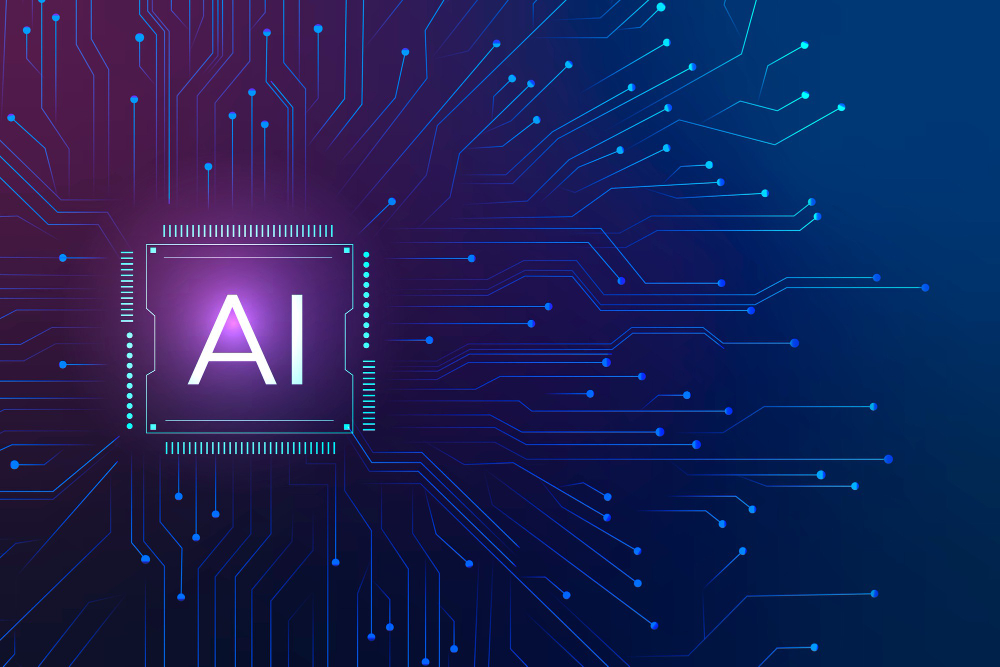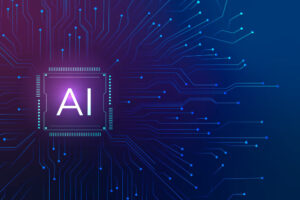
Artificial Intelligence (AI) is no longer just a futuristic concept; it is rapidly transforming industries and becoming an integral part of our daily lives. From healthcare to finance, AI is reshaping the way we interact with technology, solve problems, and create new opportunities. In this blog, we will explore the future of AI, how it is shaping different sectors, and what we can expect from its continuous development.
1. AI in Healthcare: Revolutionizing Patient Care
AI is driving significant advancements in healthcare. From diagnostics to personalized treatment plans, machine learning algorithms are helping doctors make faster, more accurate decisions. AI-powered robots assist in surgeries, while predictive analytics help in early detection of diseases like cancer. In the future, we can expect more AI-driven innovations that will improve healthcare accessibility and outcomes for patients around the world.
2. AI and Automation: Redefining the Workforce
Automation is one of the most visible applications of AI, and it’s rapidly changing the nature of work. While some fear that AI will lead to job losses, others believe it will create new opportunities in fields like AI development, data science, and robotics. In the future, AI could handle repetitive tasks more efficiently, allowing humans to focus on complex problem-solving and creativity. This shift will require upskilling and reskilling to ensure that the workforce adapts to the evolving job landscape.
3. AI in Finance: Enhancing Decision-Making
Artificial Intelligence is making waves in the finance sector by automating trading, detecting fraud, and personalizing customer experiences. AI algorithms can analyze vast amounts of data to predict market trends and make data-driven investment decisions. In the future, AI could further enhance financial security, streamline customer service through AI chatbots, and make financial management more accessible to the general public.
4. AI and Ethics: Navigating the Challenges
As AI continues to advance, ethical concerns arise regarding privacy, bias, and control. For example, the use of AI in facial recognition has raised privacy issues, while bias in AI algorithms can lead to unfair decisions in areas like hiring or law enforcement. To ensure that AI benefits society, there must be a focus on creating transparent, ethical AI systems that prioritize fairness and accountability.
5. The Future of AI: What’s Next?
As AI continues to evolve, we can expect even more innovative applications in fields like education, entertainment, and environmental sustainability. AI will likely become more autonomous, enabling it to perform tasks without human intervention. For instance, AI could play a key role in tackling global challenges like climate change by optimizing resource usage and improving energy efficiency.
Conclusion
The future of AI is both exciting and full of potential. As it continues to shape industries and improve the quality of life for people around the world, it’s essential to navigate the challenges and harness the power of AI responsibly. From healthcare innovations to workforce transformation, AI will undoubtedly be at the forefront of technological progress in the coming years.




